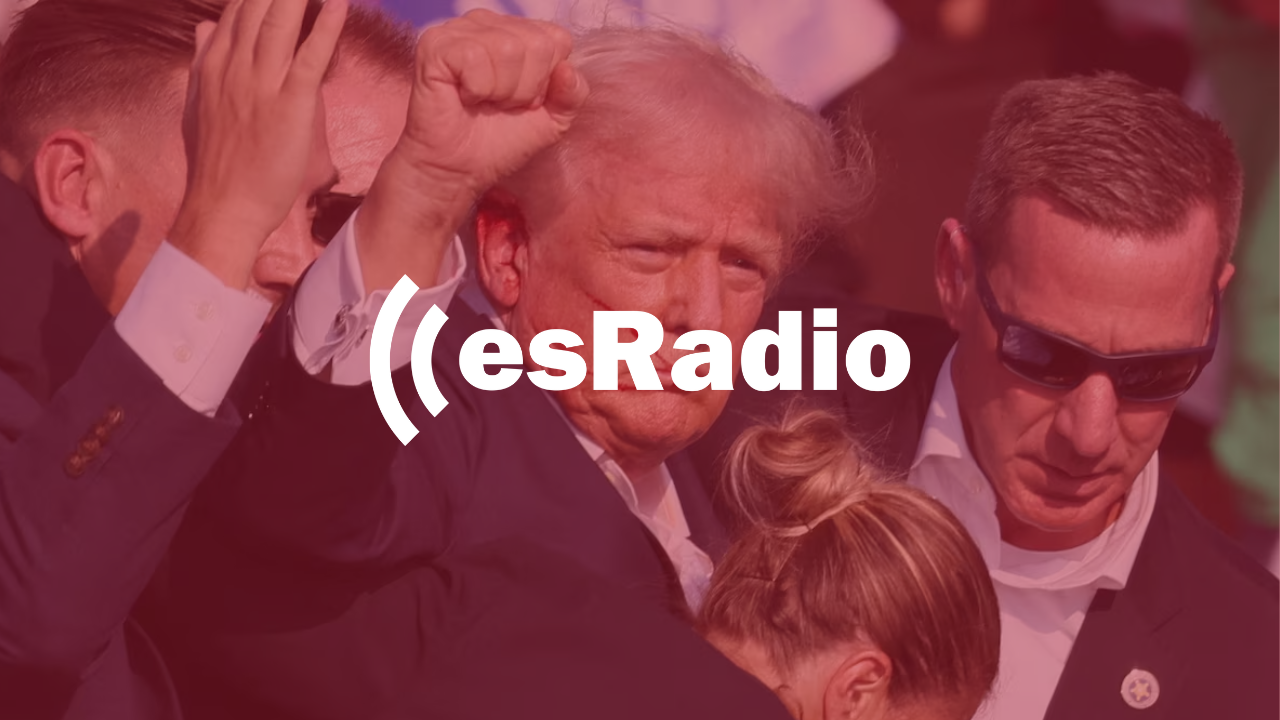With Super Tuesday quickly approaching in 14 states across the U.S. it is important to discuss and understand what primary elections are, and what they mean for the Presidential election in November 2020. Primary elections are run by the parties to determine the candidate that is most liked by their voters to receive their final nomination. The major parties, democrat and republican typically hold elections and caucuses in all 50 states to get delegates votes. Each party has the liberty to hold their primary elections in their own way since it is not regulated as specifically as the presidential general election.
The democratic party and other smaller parties hold what is called an open primary, meaning that even those who are not registered as Democrats can vote in their elections. Voters have the option to register No Party Preference which means that when a primary election comes, they can request the ballot of any party that holds an open election. This is usually to entice voters who haven’t chosen a party to get invested in their candidates and it promotes the candidates campaigning to a wider base.
The republican party on the other hand has a closed primary, meaning that only those who are registered for that party can vote in their primary. This encourages their base voters to vote and allows for the party loyalist to have a voice before the general election.
The difference between the major parties, democrat and republican, is widespread, but ultimately one of the most important is the caucuses vs Australian ballot methods. The democratic party does have caucuses which caused Iowa to make headlines a few weeks ago. A caucus held on the voting day is a complicated way of allotting delegates in which voters turn up to a venue and vote with their physical person for the delegate that they wish to see win the nomination and they can openly see who votes how and convince each other to change their vote through debate. This method has pros and cons, like others, that can be analyzed as to the success of the method. First, it does create healthy voter efficacy by encouraging citizens to engage with their fellow party members and the candidates. The same environment that encourages debate and healthy communication, can also alienate voters in a community that feel like they can’t express their opinion because it is different than the popular opinion in their area. In addition, it poses difficulty for those who are unfamiliar with the process are intimidated by the challenge. It supports the idea that voters should be informed decision makers because those who attend get educated on the candidates before making decisions.
Primary elections are one of the most direct ways to have your voice heard. In the primary election there are more opportunities for the candidates to engage with the voters
One of the biggest misconceptions about primary elections is that they don’t matter. In fact, primary elections are one of the most direct ways to have your voice heard. In the primary election there are more opportunities for the candidates to engage with the voters through ad campaigns, debates and social media engagement. Voters need to take the time that candidates have in the primary race to engage with the candidates and learn their true stances on policy issues that will affect them and their community. The primaries also historically have less voter turnout, therefore your single vote in the primary elections has more weight. Especially as a young person, one of the least engaged groups within the U.S. democracy. States have launched campaigns to increase young voter engagement by offering pre-registration at ages before 18, and by offering voting registration at the DMV when receiving a driver’s license. The issue isn’t always just getting young people registered but getting them to care enough to vote on the day of the elections. The democratic party has seen an increase of younger voters actively engaging through candidates expressing a desire to wipeout student debt and offer universal health care. Younger voters tend to be more liberal both with economic and social issues, so the democratic party has been able to increase voter interest with their campaign promises.
Super Tuesday will be worth watching within the democratic party with Bernie Sanders holding more delegates than many experts expected and Pete Buttigieg currently standing in second. Don’t be fooled with mainstream news discussing the electability of a candidate and instead decide if that party holds your values as dear as you do, and f that candidate will prioritize what you want to see done. The republican party has thus far, almost unanimously elected incumbent President Trump as their nominee, but there are some others running for the republican endorsement.
In short, primary elections are the best way to get engaged and feel like your vote is being heard within the U.S. democracy. Voters should take the time to inform themselves of the candidate’s policy priorities and agendas should they be elected. Moreover, primary elections offer an easy opportunity to increase voter efficacy through their diverse use of voting methods.






